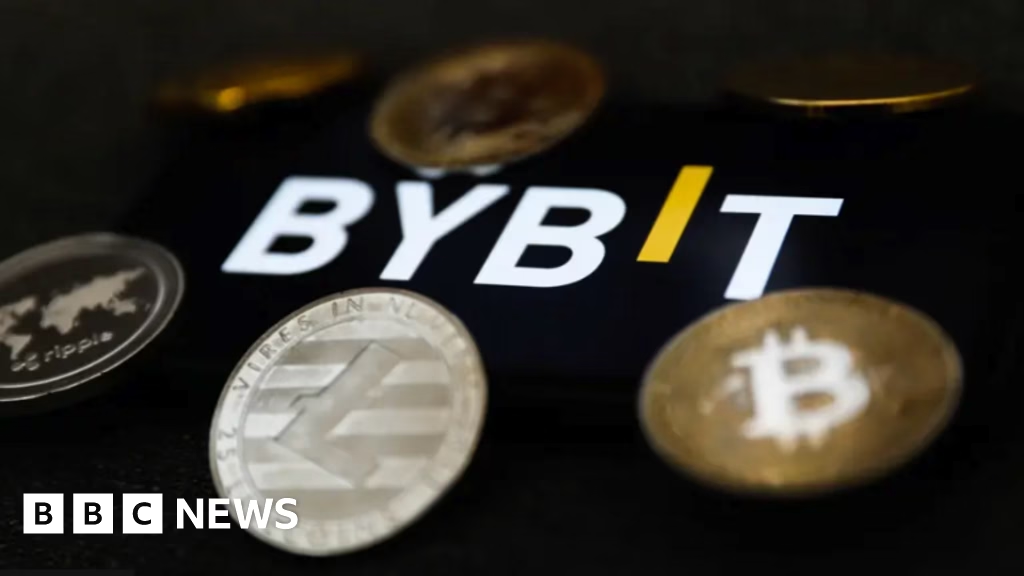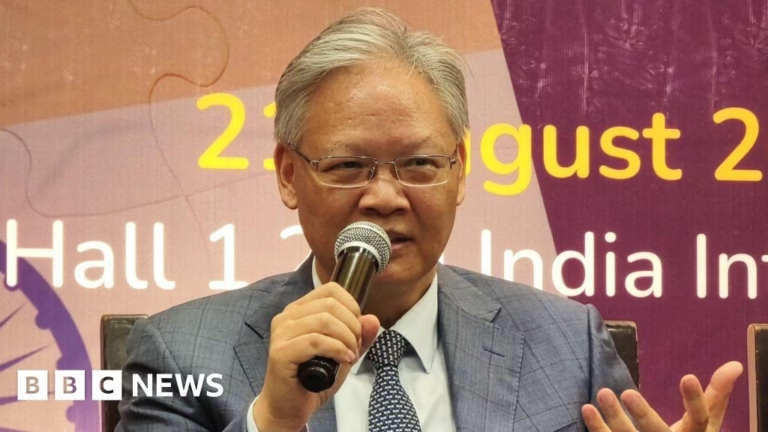
North Korean Hackers Cash Out $300m from Crypto Heist
Hackers associated with the North Korean regime known as Lazarus Group have successfully cashed out at least $300m from their record-breaking $1.5bn cryptocurrency heist, according to reports.
The criminals, identified as Lazarus Group, pulled off the massive digital token heist in a hack on crypto exchange ByBit two weeks ago. Since then, it has been a game of cat and mouse to track and prevent the hackers from converting the crypto into usable money.
Experts suggest that the notorious hacking team works almost around the clock, possibly funneling the funds into the regime’s military development. Dr Tom Robinson, co-founder of crypto investigators Elliptic, states that every minute matters for the hackers who are extremely skilled in what they do.
Dr. Robinson further adds that North Korea is the most efficient in laundering cryptocurrency when compared to other criminal actors. It is speculated that there is an entire team of people working manually alongside automated tools, using their years of experience to convert crypto into cash with only short breaks each day.
Elliptic’s analysis aligns with ByBit, which reports that 20% of the funds have gone “dark,” meaning they are unlikely to be recovered.
Alongside other nations, the US accuses North Korea of conducting multiple hacks in recent years to fund its military and nuclear development.
On February 21, the criminals hacked into one of ByBit’s suppliers to covertly change the digital wallet address. ByBit erroneously sent the funds to the hackers instead of its own digital wallet.

As cryptocurrency transactions are traceable on a public blockchain, it is possible to follow the money movements by the Lazarus Group. If the hackers attempt to cash out the coins through mainstream cryptocurrency platforms, those coins can be frozen if linked to crime.
So far, 20 people have received over $4m in rewards for successfully finding and alerting crypto firms to block transactions worth $40m of the stolen money. However, recovery chances for the remaining funds reportedly remain slim due to North Korea’s expertise in hacking and laundering.
However, eXch’s owner Johann Roberts denies these claims, stating his team was uncertain the coins were from the hack and they are now cooperating.

Some notable hacks linked to North Korea include the $41m hack on UpBit in 2019, the $275m theft from KuCoin (with most funds recovered), the $600m Ronin Bridge attack in 2022, and the $100m hack on AtomicWallet in 2023.







